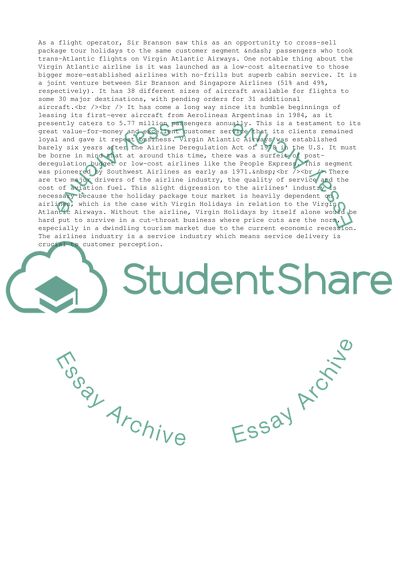Cite this document
(Competitive Edge of Virgin Atlantic Case Study Example | Topics and Well Written Essays - 2750 words - 5, n.d.)
Competitive Edge of Virgin Atlantic Case Study Example | Topics and Well Written Essays - 2750 words - 5. Retrieved from https://studentshare.org/management/1726317-business-management
Competitive Edge of Virgin Atlantic Case Study Example | Topics and Well Written Essays - 2750 words - 5. Retrieved from https://studentshare.org/management/1726317-business-management
(Competitive Edge of Virgin Atlantic Case Study Example | Topics and Well Written Essays - 2750 Words - 5)
Competitive Edge of Virgin Atlantic Case Study Example | Topics and Well Written Essays - 2750 Words - 5. https://studentshare.org/management/1726317-business-management.
Competitive Edge of Virgin Atlantic Case Study Example | Topics and Well Written Essays - 2750 Words - 5. https://studentshare.org/management/1726317-business-management.
“Competitive Edge of Virgin Atlantic Case Study Example | Topics and Well Written Essays - 2750 Words - 5”. https://studentshare.org/management/1726317-business-management.


